|
Ann K Gryczan Saying grace is a wonderful tool for students of consciousness because it puts illusion and Reality in their proper places: illusion that the ego is the source of life, and Reality that it’s not. Ann K Gryczan Do you know that even in horrible situations, the ego is having a great time? At our expense, I might add. And its pursuit of pleasure entices us in directions we don’t really want to go. Read on to find out how you can know what the ego’s pleasure is in any situation so you can take the power out of it and let it go. Ann K Gryczan There is nothing better than marriage when it is going well, but almost nothing worse when it’s not. In this next post in the marriage series, let’s look at a few of the really awful faces marriage can wear and some possibilities for movement beyond them. One way to create movement is to see how a difficult situation is constructed and then pull out one or more of the supports that make it work. How do you do that? I’ll show you. In the following examples of awfulness I will suggest a question and an action to help you get started. Ann K Gryczan Recently I heard a talk on geopolitical dynamics, and at one point, the speaker used his marriage as an analogy. He said his wife was good at making concessions and he was good at pushing for them – and so the marriage worked. How bleak, I thought. That would be like never getting to go home. But judging from what I hear in the changing-room at yoga, playing out one or the other side of that dynamic in a marriage is not all that uncommon! Ann K Gryczan # 1 Don’t Explain Have you ever noticed how the ego/mind is constantly explaining, justifying, countering imagined arguments and defending its actions? It is always talking to itself, and often, it talks out loud to everyone else too. So the practice is: Don’t Explain. Sometimes it is important to explain, of course, and sometimes you’re asked. So the practice, Don’t Explain, is about all the other times. Ann K Gryczan Recently, I saw a snippet of video: two groups of 20-somethings on different sides of a contentious issue having a heated but (amazingly!) civil debate about it. One side said, Why don’t you look up the facts? To which a beautiful young woman from the other side said earnestly: Because feelings are truer than facts! I thought, Wow. Here is the ego’s basic premise right on the surface: feelings equal reality – but it is usually hidden under thoughts and reasons. This is why looking things up is a sure-fire way to bring on an existential crisis – and it is also why looking things up is a doorway to enlightenment. Ann K Gryczan Have you ever done anything wrong, that later you realized was wrong and you changed your ways? Like, have you ever taken advantage of someone? Lied? Taken something not yours? Pushed your way to the front to get more or be first? Insisted you were right just because you didn’t want to be wrong? So have I! Ann K Gryczan In the last post we looked at a few pieces in the puzzle of life. One was a doorway to happiness. The doorway represented life itself and life’s promise to us: to know who we are. The next piece was responsibility. It hardly seemed to go on the same page as life’s promise – one was bright and full of potential and the other duty-bound and inconvenient, like waiting in a long line with a big package. So we looked into the roots of the word “responsibility” and found a hidden message. The hidden message was, “promise back.’ The message implied that life required something of us, and by fulfilling the requirement, we could find the wholeness of our own lives. We observed that since we live in a world of form, every form we encounter must somehow be part of life’s promise and a clue that will help us to answer the question: who am I? Finally, we acknowledged that this must be especially true for the original forms: our family, circumstances and the things that happen to us. Let us proceed and see more deeply how responsibility and the promise of life are intimately connected. Let’s see how we can accept one to receive the other. Ann K Gryczan Who needs a pronoun? The ego. The ego needs a pronoun because then it is a something; it has a label and an identity and that means it exists. The pronoun singles out the ego and makes it feel special and not left out. It is natural to like to feel special and not left out. The thing is, that natural desire comes from the ego/mind and if we feed it too much, the desire to be acknowledged and special becomes insatiable. Then, no matter how much we give it, the ego will need more. Then, if pronouns are our chosen route to feeling valued, we have a pronoun problem – and that is an ego problem. Deep Down Deep down, the ego’s biggest fear is that it might lose its identity and melt into All That Is. Coincidentally, that is exactly what we, as students of consciousness, are trying to make happen! But that is not the ego’s goal, because then what will it be? Nothing. Everything holding the ego in place will collapse and it won’t exist anymore. This biggest fear is why the ego gets so mad about being slighted by the wrong pronoun or any of a zillion other possible slights. One slight can lead to the collapse of the ego’s whole structure. But fear is not usually the first response when the ego is afraid; anger is. It can seem easy to feel angry or insulted if someone doesn’t get the pronoun the way we like it – using a generic “he” if you are a “she,” for example. Sometimes it is important to take action to right a wrong, but feeling insulted is not one of those times. Why? Because only the ego can feel insulted – the true Self never feels insulted. So if we are fighting for the ego, we are only making it stronger. It is a lost cause anyway, because the more the ego gets the more it wants. Pretty soon, forget pronouns – they won’t be nearly enough! Just call me Most Excellent Almighty Queen of the Universe, the ego will say. |
Learn about Paradigm Practice Receive the
Paradigm Practice Handbook & Audio Guide Guided
|
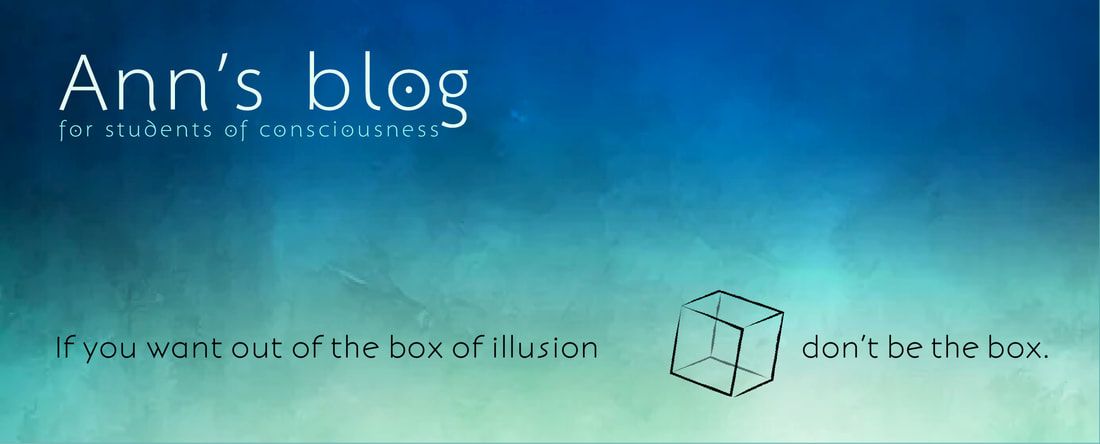
-
We may at first have thought consciousness was in the mind, or even thought it was the mind itself. That it was somehow part of our domain; our personal interface with life or our go-to source of thinking and reason.
Exploring the mind however, we discover it is not consciousness that is personal, but the mind. We discover the mind is limited and finite and that we can go beyond it — to consciousness itself. Even as a new explorer, we are aware of something here vast and whole, an infinite peace, potent and complete. And we know — as if remembering — that this is also the intrinsic, intimate truth of ourselves.
Welcome!
This is a blog for those who travel an inner path, seeking truth, beauty and the source of being.
Here are ideas and practices to help and encourage the traveler, and to address the obstacles that we, as students of consciousness, inevitably encounter. Everything you find here you can do at anytime and take as far as you want.
This is a blog for those who travel an inner path, seeking truth, beauty and the source of being.
Here are ideas and practices to help and encourage the traveler, and to address the obstacles that we, as students of consciousness, inevitably encounter. Everything you find here you can do at anytime and take as far as you want.
|
I invite you to use Paradigm Practice as a foundation for your practice, which you may find here, free and available for your use. Paradigm Practice is a powerful guide for bridging the gap between limitation and new awareness. Awakening into the happiness and peace of your true nature benefits all the world. May you be blessed on your journey!
Ann |
Consciousness is the ultimate teacher: it is always showing us what we are.
About| Kumu Consulting
|
|
Copyright © 2024 Kumu Consulting, All Rights Reserved

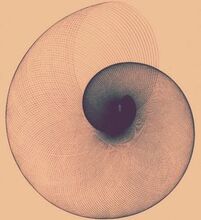
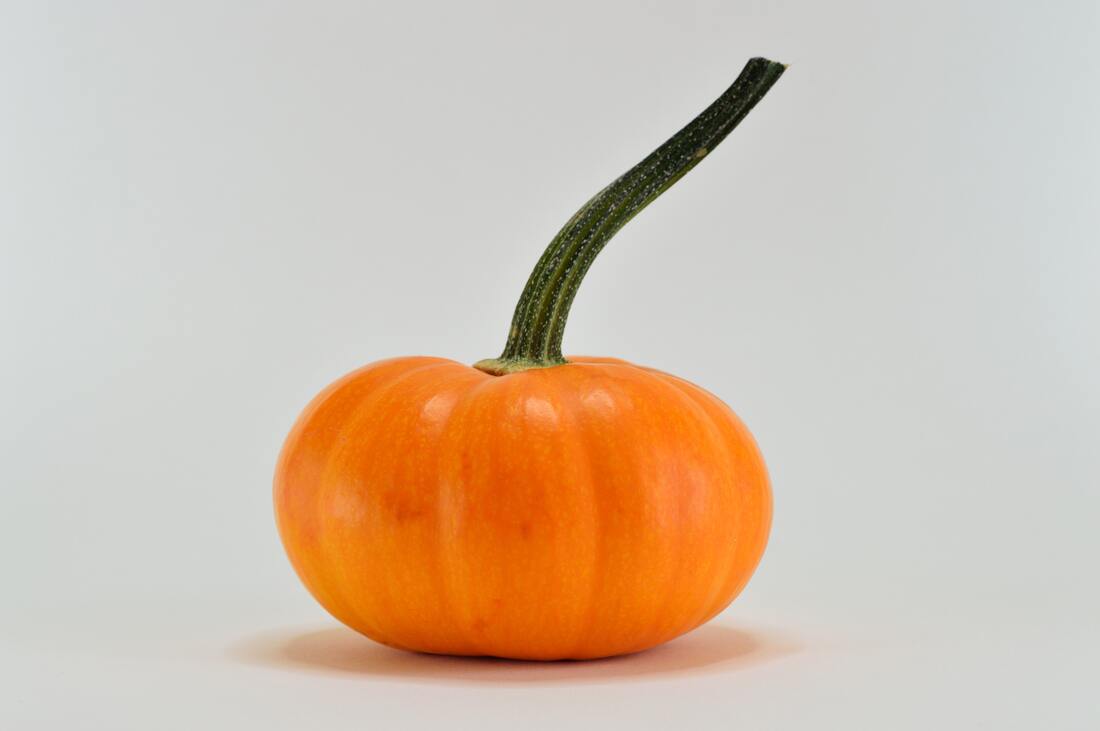
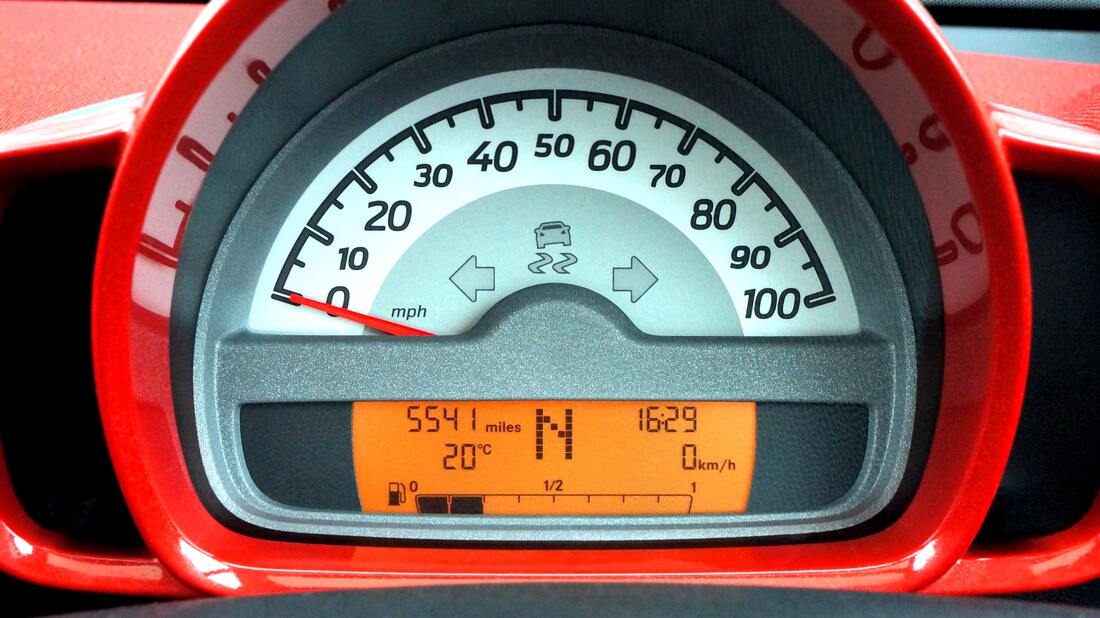
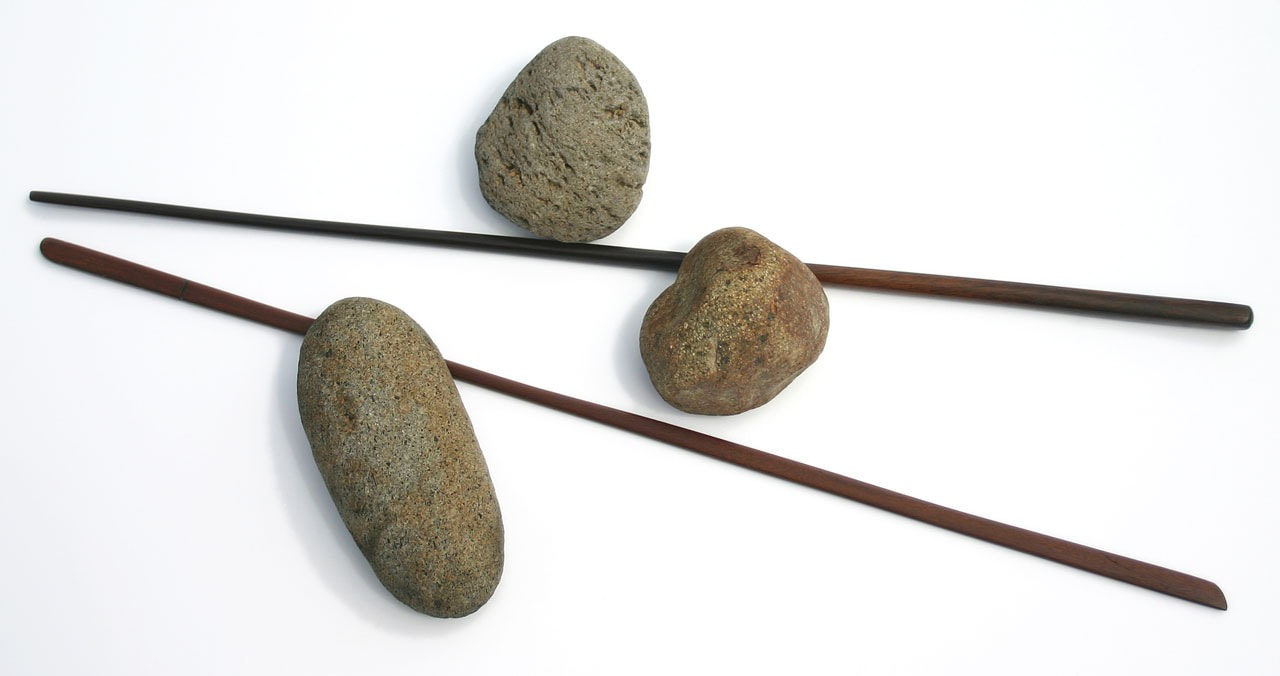


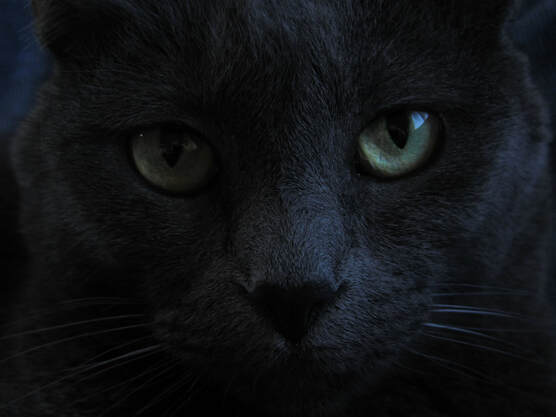

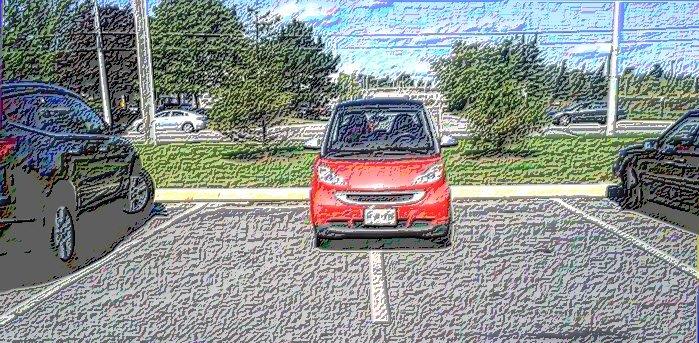

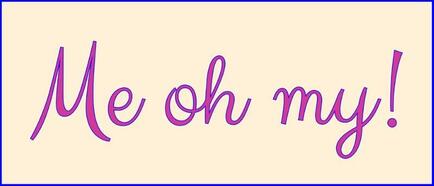
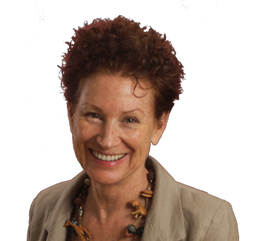
 RSS Feed
RSS Feed